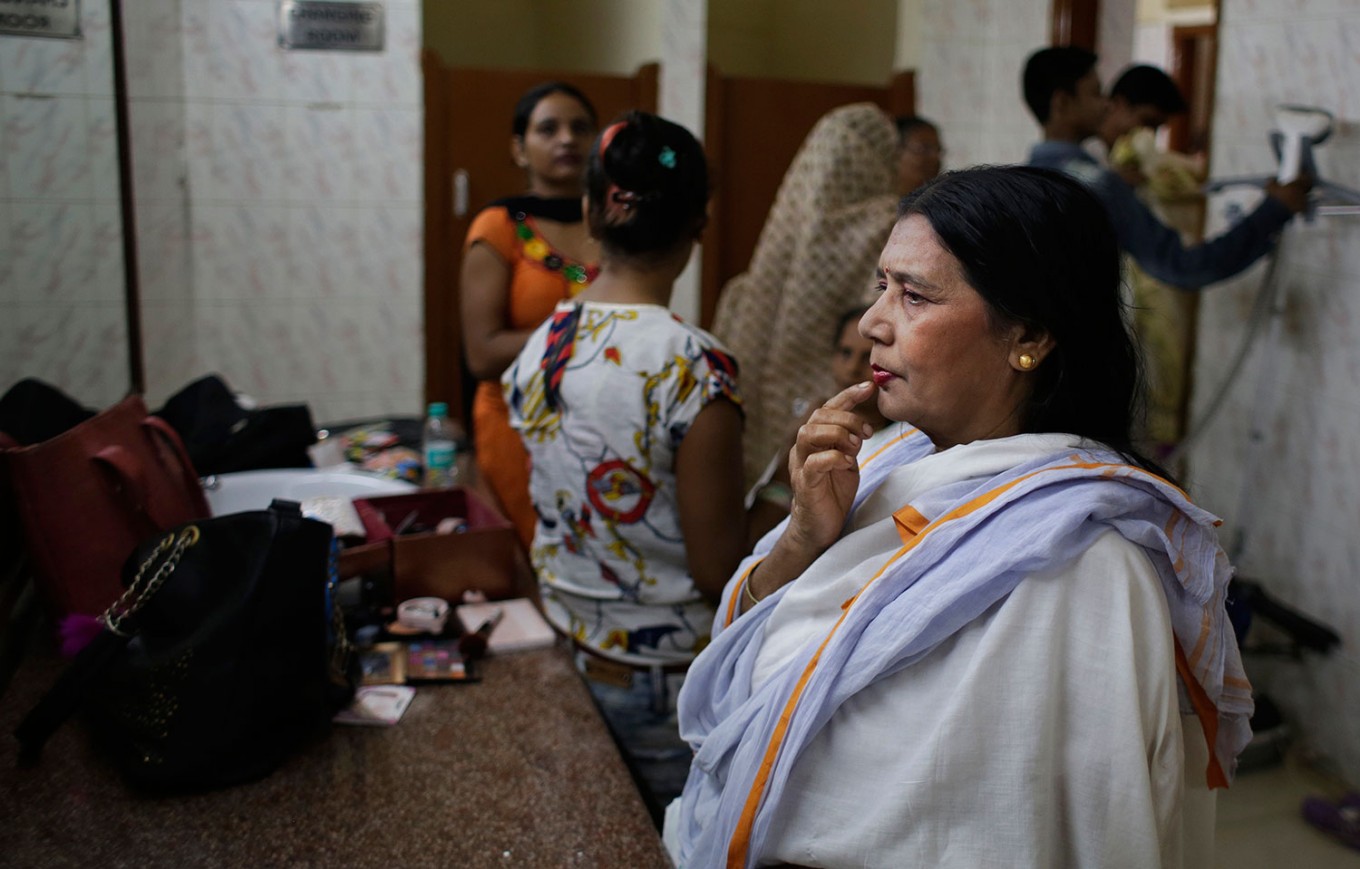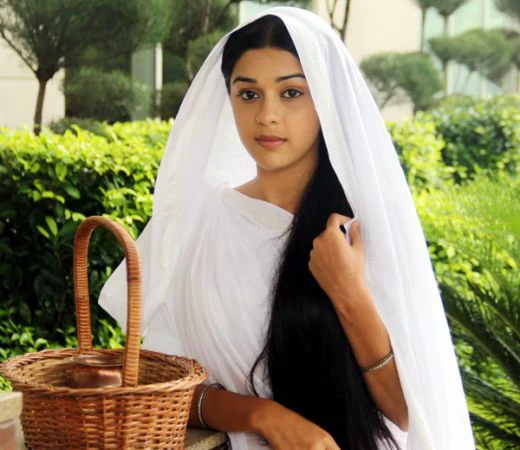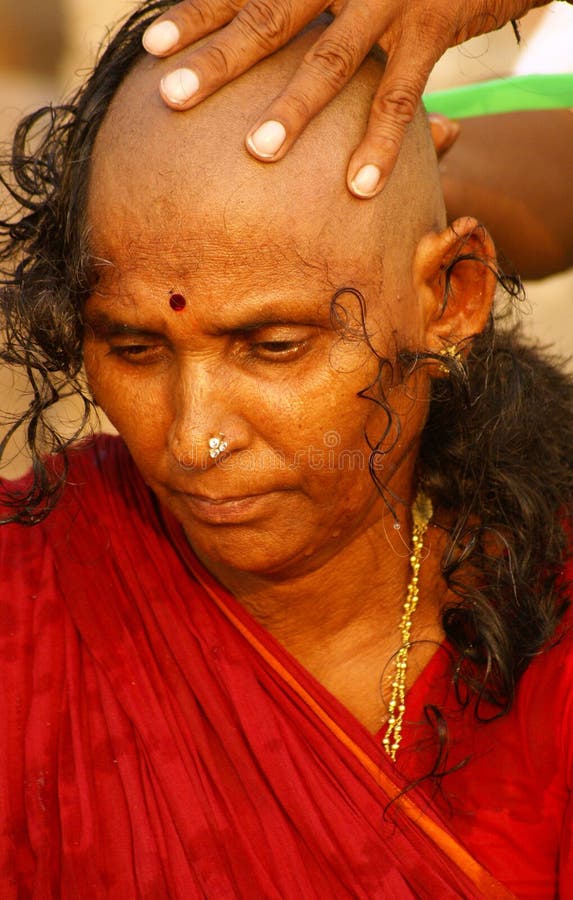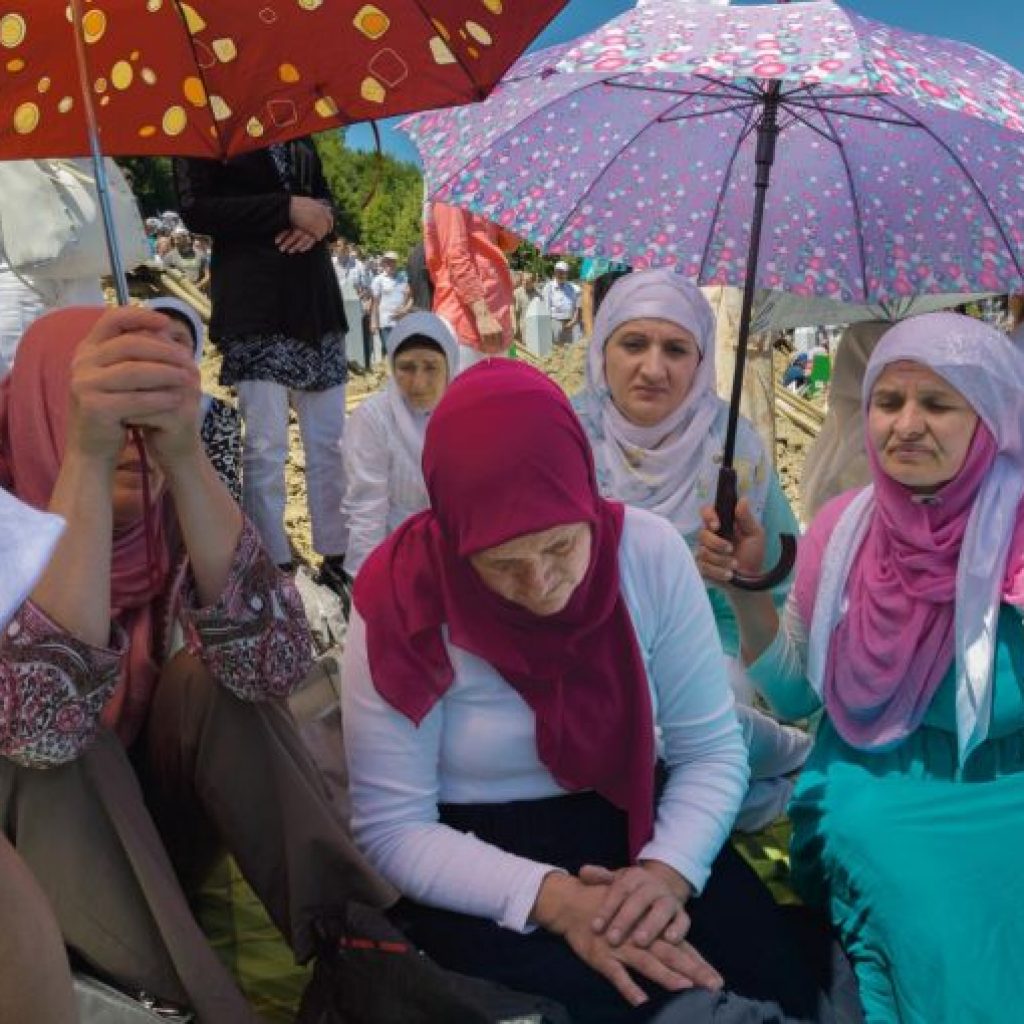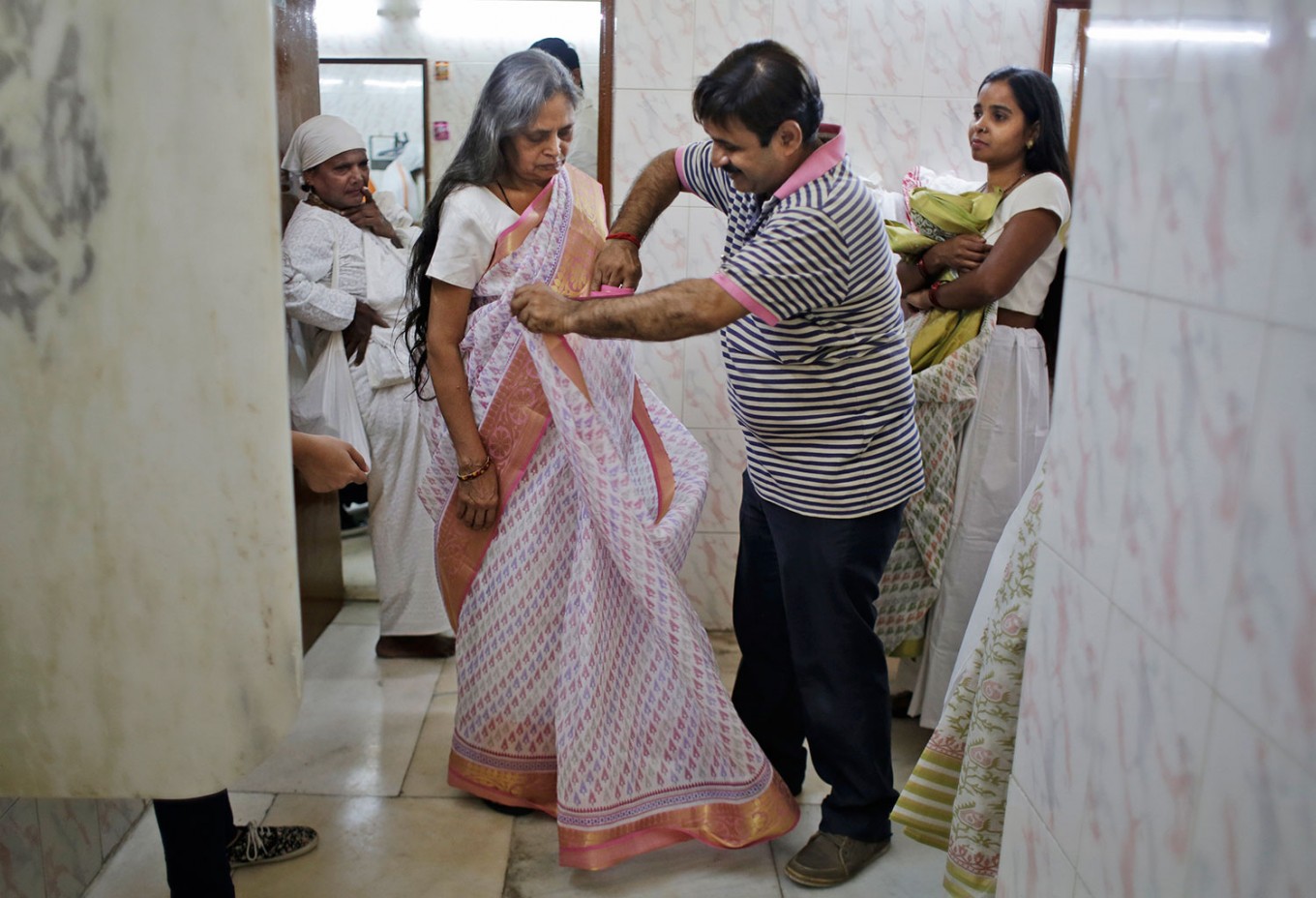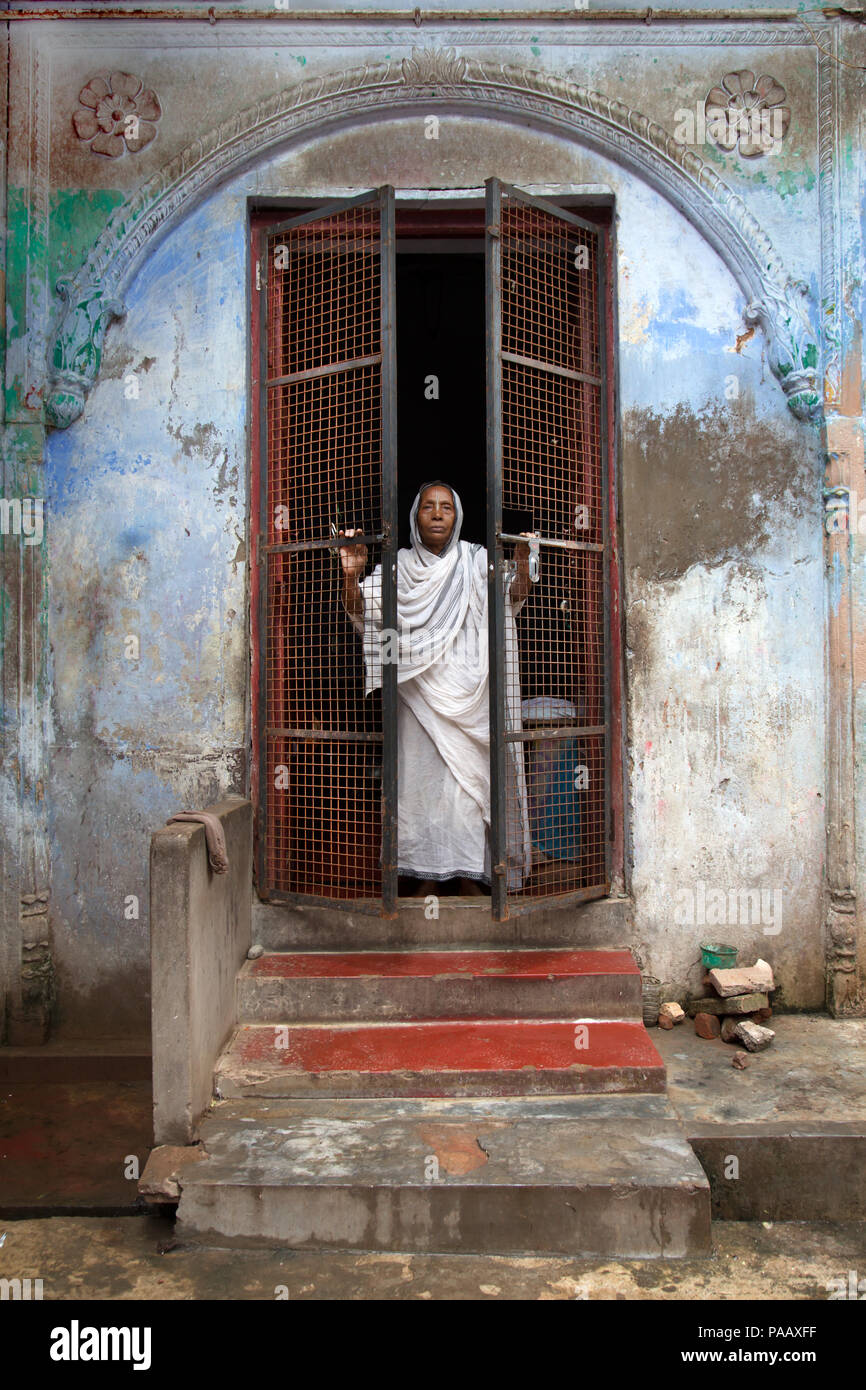A Hindu widow is a woman whose husband has died and who is considered to be in a state of mourning. In traditional Hindu society, the death of a husband was seen as a great loss and bereavement for a wife, and widows were expected to follow certain rules and customs in order to honor their deceased husbands and show their devotion to them. These customs and practices varied depending on the region and community, but some common themes included the wearing of white clothes, the renunciation of material possessions and pleasures, and the observance of certain rituals and rituals of mourning.
In some parts of India, widows were expected to shave their heads and wear only white clothing, which was seen as a symbol of their mourning and renunciation of worldly pleasures. They were also often expected to live a life of seclusion and poverty, abstaining from any kind of indulgence or enjoyment. This was especially true for widows who were considered to be of high social standing, as it was believed that their sacrifice and devotion would bring honor to their deceased husbands and bring them closer to enlightenment in the afterlife.
However, over time, these customs and practices have become less prevalent and widows in modern India are no longer expected to follow such strict rules. While many widows still choose to observe certain traditional practices as a way of honoring their deceased husbands, they are now free to lead more independent lives and pursue their own interests and goals.
Despite these changes, widows in India continue to face significant challenges and discrimination, especially in rural areas where traditional attitudes and practices are more deeply ingrained. Many widows are ostracized and marginalized by their communities, and are often denied access to education, employment, and other opportunities. They may also be subjected to violence and abuse, and are often denied their rightful inheritance and property rights.
Despite these challenges, many widows in India have found strength and resilience in the face of adversity, and have fought to overcome the social and economic barriers that have held them back. Through their determination and perseverance, they have been able to build new lives for themselves and their families, and have become a powerful force for positive change in their communities.
In conclusion, the role and status of Hindu widows has changed significantly over time, and while they are no longer expected to follow the strict rules and customs of the past, they still face many challenges and discrimination in modern India. However, through their strength and resilience, they have been able to overcome these obstacles and build new lives for themselves, and have become a powerful force for positive change in their communities.
